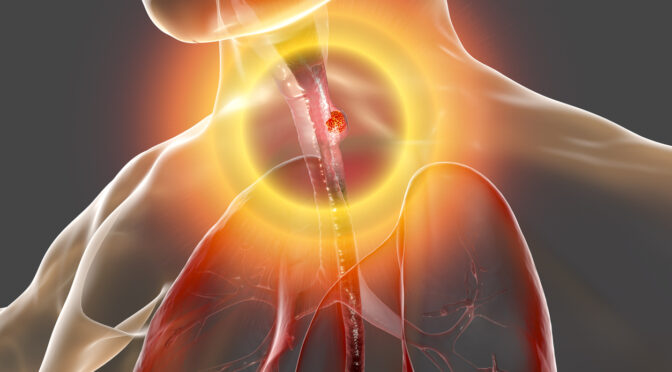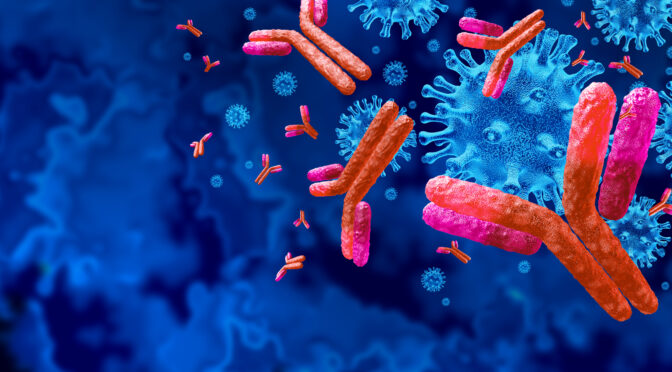At Issels®, our cancer immunotherapy programs are tailored to fit a patient’s specific needs. Scientist have identified an immune profile that could lead to improved methods of determining which patients may benefit from treatment.
Building a Team of “Allies”
While T cells in the immune system are equipped to fight tumors, cancer cells frequently neutralize them by triggering the response that shuts T cells down. Checkpoint inhibitors are a form of immunotherapy that counteracts the process, enabling T cells to resume their job of attacking cancer cells.
Matthew “Max” Krummel, PhD, a leader in the field of immunotherapy, explains why his team broadened their focus to include other immune cells. They studied every type of cell in tumors to determine which ones could also activate T cells, forming a community of “allies.”
Boosting the T Cell Immune Response
Krummel, a member of the UCSF Helen Diller Family Comprehensive Cancer Center, led his team in identifying a special class of dendritic cell, which they refer to as stimulatory dendritic cells, or SDCs. In subsequent studies, they found that both mice and humans with tumors had a poor response to checkpoint inhibitors if they lacked SDCs.
The research team went on to explore why different patients have different SDC levels. They discovered a direct correlation between levels of a specific cytokine, expressed by natural killer cells, and levels of SDC.
Kevin Barry, PhD and leader of the latest study, said the results hold promising implications for two applications. NK cells and SDCs could be used as biomarkers to predict successful immunotherapy, while increasing NK cell levels in other patients could improve their response to treatment.
State-of-the-Art Cancer Immunotherapy
For years, Issels® has been a leader of integrating dendritic and NK cells in our cancer immunotherapy treatments. Contact us to learn more.






